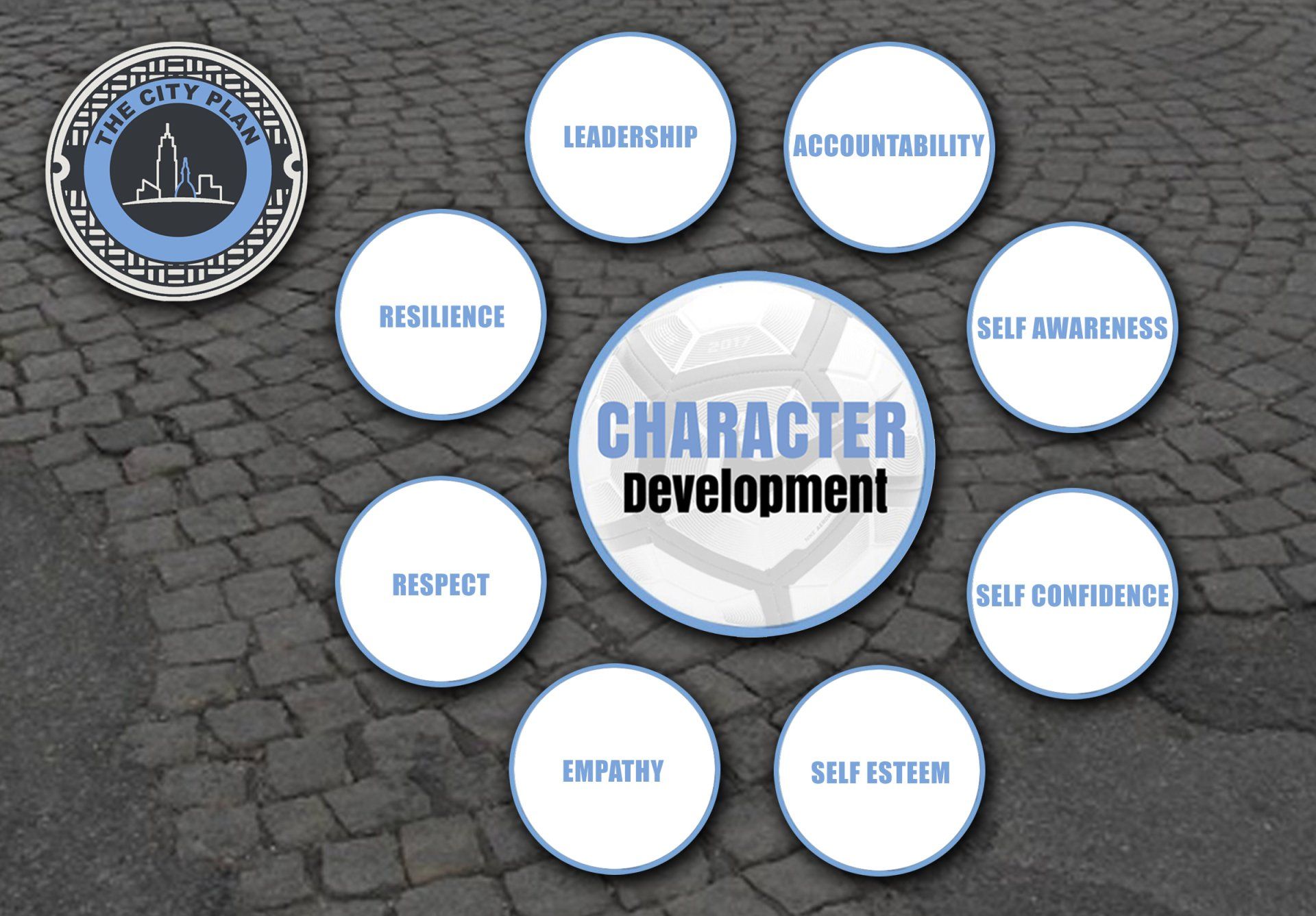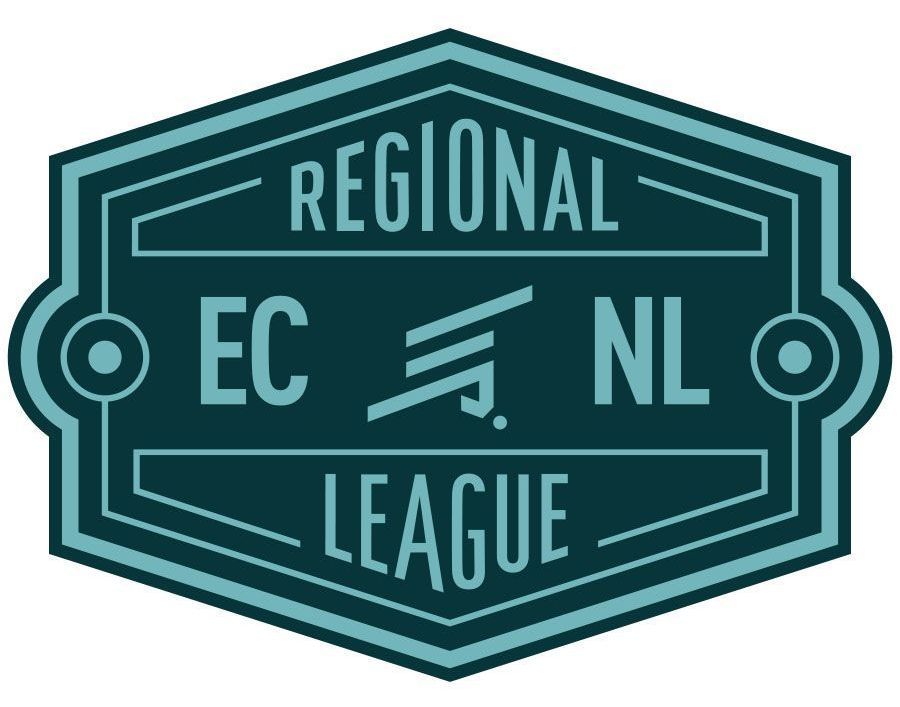
Respect
Youth Sport is one of the most powerful tools to help young kids develop impactful life skills. Respect for self, respect for teammates, coaches, opponents, officials, and rules of the game all become valuable skills that players will carry with them for the rest of their lives. Learning sportsmanship, winning in a respectful manner and losing with dignity, and how those opportunities impact and mold their personal actions will start to define the behavior, attitude, and character they carry and believe in during their adult life.
Resilience
Resilience, or “mental toughness,” is a key psychological aspect of sport. The ability to bounce back from a poor performance or a detrimental mistake is crucial to an athlete’s success. As much as athletes hate to admit it, failure is a part of the game and life! Developing “mental toughness” or resilience will help an athlete perform well in the face of adversity. A resilient athlete is one who is able to overcome setbacks, remain confident, and focus on the present.
As mentioned previously, we push our players to train at the edge of their abilities where mistakes and errors are going to happen. We do not want them to accept failure and mistakes but rather seek them out as a means of development. We want players to develop the “grit” that will get them through many of the difficult moments they will encounter throughout their lives.
Leadership
Leadership is a complex and evolving process that involves the effort of an individual to help identify and achieve personal and group goals. At Cap City we believe that all young people can and need to learn leadership skills.
Leadership development in youth occurs in stages, beginning with awareness and understanding of one’s individual role, group role, leadership capacity, as well as the ability to develop the basic skill set necessary to lead. Learning how to lead is multi-faceted and can be developed through experience, trial and error, mentorship and formal education. Effective youth leadership development requires experiential learning. Young people in a leadership role need supervising adults to allow them to make “meaningful” decisions and to become active agents in their own development.
Cultivating leadership in young people is difficult when adults dominate their environment. Of all the venues that may be used to develop leadership in young people, sport appears to be one of the most underutilized. We want our players to encourage, support, communicate, listen, respond, and put in huge amounts of effort towards building their own development, but also the development of their teammates and team in which they participate.
Accountability
Accountability in sport is doing what you say you are going to do and executing the task to the best of your ability. It is the ability to also put your hand up and say ‘this is what I need to do better’ upon struggle or inability to accomplish the task. Being accountable is not making excuses, not blaming others or whining and complaining.
Accountability in sport is taking ownership of a task and making sure you know your job and do your job 100% of the time. Accountability happens when you are the one critiquing your own performance. This is what successful people do. This is what tough athletes do.
One of the biggest issues we see in sport within teams is the inability to hold each other accountable. Too often, when a teammate is not doing something right, possibly hurting the team’s performance, our players struggle with the communication necessary to hold each other accountable. Being able to have an ‘accountability’ conversation with a teammate is critical if we want to reach the highest level of performance.
Self-Awareness
Without self-awareness, athletes cannot understand their strengths and weaknesses. We often challenge our players to get out of their comfort zone in training and take risks. In order to do this players must be keenly aware of their current skill level so that they can push their boundaries and train at the edge of their capabilities.
We feel this is important to develop at an early age so that players grow up being able to honestly evaluate themselves in every aspect of their life. Whether it is knowing where to focus their study time to improve academics or better develop themselves as they enter the work force and grow within their careers.
Self-Confidence and Self Esteem
Often, sports parents and kids confuse self-confidence and self-esteem in youth sports. There is a distinct difference between the two:
Self - Confidence is all about how much kids believe in their ability to execute a task or skill—it is about kids’ performance in sports.
Self-esteem, on the other hand, is about the whole person. It is based on kids’ self-concept—how they view themselves as people, not as athletes. Kids’ self-esteem is about how they define themselves (outside of sport) and relate to other people.
At Cap City we want to develop young people that are confident in their soccer abilities but more importantly we want our young players to possess high self-esteem. We do not want their self-esteem linked solely to their confidence on the soccer field. We seek to develop well rounded young people who are not only confident in who they are and what they are capable of accomplishing, but also are able to view themselves in a positive light.
Empathy
We feel that empathy is one of the most important qualities that we can help foster in all of our players. Empathy is defined as the ability to focus on what other people are thinking and understand how other people see things. This critical skill in sports has tremendous benefits to not only athletes but also to parents and coaches. Research shows that when individuals are able to show sincere empathy to others in pain or emotional stress, it produces a powerful calming effect. This effect depends on the level of empathy that an individual can demonstrate to the distressed individual.
In sport, this can make the difference in a team on the verge of giving up, to instead push through the toughest moments of the season and finish at the top. Coaches who show empathy can inspire athletes to give more effort, increase their confidence, and even their self-worth. Parents who are able to demonstrate high levels of empathy help their children to get past their problems faster; therefore, refocusing on the process of getting better, instead of results.






